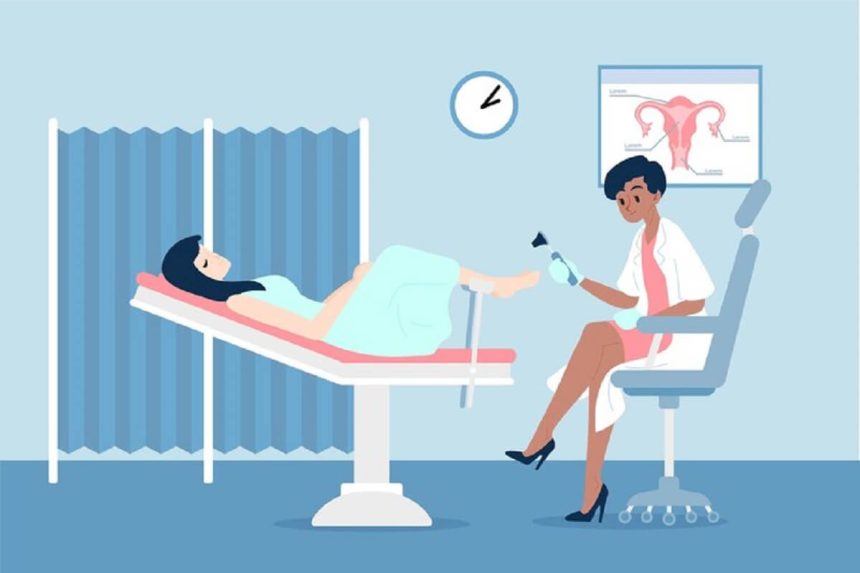Bacterial Vaginosis Treatment: 5 Proven Tactics for Lasting Results
Have you ever wondered how to effectively combat bacterial vaginosis (BV), a common yet often misunderstood condition affecting numerous women? Dr. Surpreet Kaur Sandhu, a renowned gynecologist in Sarita Vihar, New Delhi, offers her expertise in treating this condition. BV can be more than just a nuisance; it can significantly impact a woman’s quality of life. This article aims to shed light on effective treatment strategies for overcoming BV, providing valuable insights and guidance to help you manage and prevent future occurrences.

In the journey of women’s health, overcoming BV is a step towards wellness.
Dr. Surpreet Kaur Sandhu
Understanding Bacterial Vaginosis: Causes and Symptoms
Delve into the basics of BV, including its causes and common symptoms.
- Disruption of Vaginal Flora: How an imbalance leads to BV
- Identifying Symptoms: Recognizing signs like unusual discharge and odor.
First-Line Treatment Options for Bacterial Vaginosis
Explore the primary treatments used to combat BV effectively.
- Antibiotics: Commonly prescribed medications and their usage.
- Importance of Adherence: Following the treatment regimen strictly.
Lifestyle Changes to Prevent BV Recurrence
Preventative measures to reduce the risk of recurrent BV.
- Hygiene Practices: Guidelines for maintaining vaginal health.
- Diet and Probiotics: Role in maintaining a healthy vaginal environment.
Bacterial Vaginosis in Pregnancy: Special Considerations
Managing BV during pregnancy to avoid potential complications.
- Safe Treatment Options: Medications that are safe during pregnancy.
- Monitoring and Follow-up: Keeping track of symptoms and treatment effectiveness.
Alternative and complementary treatments for BV
Exploring non-traditional approaches to BV treatment.
- Herbal Remedies: Natural options and their effectiveness.
- Probiotic Supplementation: Its role in restoring vaginal flora.
Conclusion
Dr. Surpreet Kaur Sandhu emphasizes that while bacterial vaginosis can be a challenging condition, it is treatable with the right approach.
- Personalized Care: Tailoring treatment to individual needs
- Prevention is Key: Adopting lifestyle changes to prevent recurrence.
- Expert Guidance: Consult Dr. Sandhu for comprehensive care and management of BV.
“Embark on a quest for health excellence with the top 10 obs and gynae doctor in Delhi, your guides to enduring wellness and personalized care.”
Dr. Surpreet Kaur Sandhu
FAQs
Q: What is bacterial vaginosis, and how is it different from a yeast infection?
A yeast infection is a fungal infection, whereas BV is the result of an imbalance in vaginal bacteria. Symptoms and treatments for both differ.
Q: Can bacterial vaginosis go away on its own?
Sometimes BV can resolve without treatment, but it’s advisable to seek medical advice for a proper diagnosis and treatment.
Q: Can bacterial vaginosis lead to more serious health issues?
While BV itself isn’t typically dangerous, it can increase susceptibility to other STDs and, if pregnant, may lead to complications such as premature delivery.
Q: Are there any specific self-care measures women can take to alleviate BV symptoms?
Maintaining good hygiene, avoiding douching, and wearing breathable cotton underwear can help alleviate symptoms and prevent a recurrence.
Q: Does diet play a role in managing or preventing bacterial vaginosis?
A balanced diet can support overall health. Including probiotics like yogurt may help maintain healthy vaginal flora.
Q: How long does it usually take for bacterial vaginosis to clear up with treatment?
Most treatments for BV are quite effective, and symptoms often improve within a few days. However, it’s important to complete the full course of antibiotics if prescribed.
Q: Is bacterial vaginosis a sign of poor hygiene?
BV is not necessarily a sign of poor hygiene. It frequently results from an imbalance in the natural bacteria in the vagina, which can depend on a number of factors.
Q: Are there any natural remedies effective against bacterial vaginosis?
While some natural remedies may provide relief, it’s important to consult with a healthcare provider like Dr. Surpreet Kaur Sandhu for an accurate diagnosis and appropriate treatment.
Q: Can stress trigger bacterial vaginosis?
Stress alone isn’t a direct cause of BV, but it can affect the body in ways that may contribute to an imbalance in vaginal bacteria.
Q: Is bacterial vaginosis contagious?
BV isn’t considered a sexually transmitted infection, but sexual activity can contribute to its development. It’s not typically spread from person to person.



